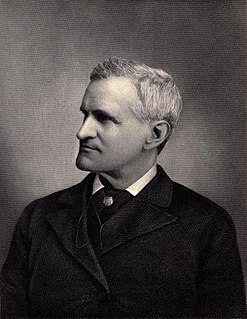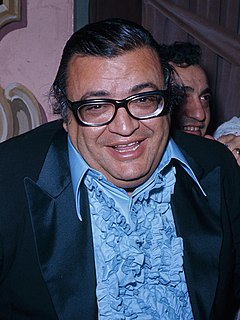A Quote by Kenzaburo Oe
There's no better reading experience than going to the place where a text was written.
Quote Topics
Related Quotes
The other day I got a text from a boy, but it wasn't hot. I mean, if you're going to text me every day, you haven't seen me for months and you're trying to seduce me, you'd better spice up that text and make it more exciting than 'How was your day? I hope you're having a beautiful one.' Sadly, I haven't been doing a lot of kissing lately.
We know that attention acts as a lightning rod. Merely by concentrating on something one causes endless analogies to collect around it, even penetrate the boundaries of the subject itself: an experience that we call coincidence, serendipity – the terminology is extensive. My experience has been that in these circular travels what is really significant surrounds a central absence, an absence that, paradoxically, is the text being written or to be written.
So we start with an oversignifying reader. Those texts that appear to reward this reader for this additional investment - text that we find exceptionally suggestive, apposite, or musical - are usually adjudged to be 'poetic'. ... The work of the poet is to contribute a text that will firstly invite such a reading; and secondly reward such a reading.
The meaning of a work is not what the author had in mind at some point, nor is it simply a property of the text or the experience of a reader. Meaning is an inescapable notion because it is not something simple or simply determined. It is simultaneously an experience of a subject and a property of a text. It is both what we understand and what in the text we try to understand.
Like when you pick up a book and you don't realize what type of text it is - it could be an essay, a novel, a biography - and at one point you realize you don't know where, as a reader, you want to be. Where are you going with this text? What is the goal? How are you supposed to interpret what you're reading? And people's responses vary - some dislike it, and are put off by the confusion, the lack of comprehension.
If any pale student, glued to his desk, here seek an apology for a way of life whose natural fruits is that pallid and emasculate scholarship of which New England has had too many examples, it will be far better that this sketch had not been written. For the student there is, in its season, no better place than the saddle, and no better companion than the rifle or the oar.
For the last episode [of Downton Abbey], you'll need some handkerchiefs. I needed handkerchiefs reading it. It wasn't because it necessarily moved me while reading it, but it was the experience of reading it when I realized it was the last time I was ever going to be reading one of those scripts. That was quite terminal.
We must be forewarned that only rarely does a text easily lend itself to the reader's curiosity... the reading of a text is a transaction between the reader and the text, which mediates the encounter between the reader and writer. It is a composition between the reader and the writer in which the reader "rewrites" the text making a determined effort not to betray the author's spirit.






































